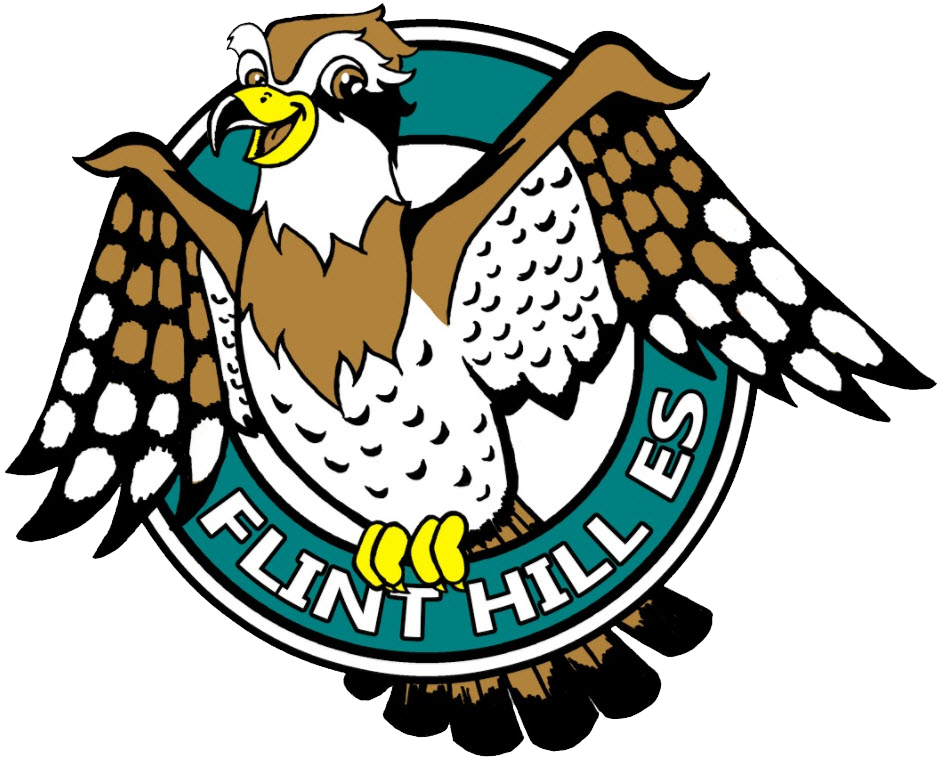School Counseling Services
Learn about the school counseling services we offer at our school
School Counseling at Flint Hill
- The Flint Hill Elementary School Counseling Team works together to ensure your child experiences success at school. In alignment with the national model for school counseling programs, we focus on academic, personal/social and career development. Our services come in the form of monthly classroom lessons, various programs and activities, and individual and/or small group counseling. Counselors are highly collaborative, working with administrators and classroom teachers to promote the growth and success of all students, and supporting families with issues that may affect children at home and school.
- All counseling is voluntary and confidential. We work hard to build a comprehensive counseling program that suits the needs of our unique school family!
- Elementary school counselors support classroom teachers and the overall educational team by helping students remove barriers to learning. The three primary methods for delivering guidance services include individual counseling, small group counseling which are topic-based discussion groups, and classroom guidance lessons.
- Counseling services aim to facilitate growth in the following areas: academic and personal-social development. Flint Hill counselors support the school mission by encouraging academic excellence and helping to develop lifelong learners who are respectful, responsible, and productive global citizens.
Some reasons parents contact a school counselor include:
- Academic achievement
- Decision-making / Behavior
- Interpersonal communication and social skills
- Family Transitions: moving, military deployment, changing family due to marriage, separation or divorce
- Family illness or loss
- Student crisis situations
How to see a counselor:
- Students may tell their classroom teacher that they want to see their counselor that works with specific grade levels.
- Students may leave messages for their counselors in the front office or in the envelope outside the counselor’s room.
- Parents can call the counselor to discuss or request the counselor meet with their child. Teachers and administrators may ask the counselor to meet with students.
Possible Monthly Classroom Guidance Lessons
for example…
- Recognizing and Responding to Bullying
- Goal-Setting
- Friendship
- Peer Pressure / Assertiveness
- Problem-Solving
- Stress Management
- Anger Management
- Conflict Resolution Skills
- Career Exploration
- Study Skills
- Time Management
Possible Small Group Counseling Topics
for example…
- Friendship: Making and Keeping Friends
- New Students
- Anger Management
- Changing Families (e.g. divorce, members moving in/out, etc.)
- Deployment
- Coping with Grief/Loss
- Social Skills/Manners
- Coping with Chronic Illness (of self or family member)
- Leadership
- Self-Esteem, Strengths-Based
- Lunch Bunch, a fun and casual way for the counselor to get to know your child
*Counselors also work with students individually on any topics covered in the group and classroom settings.

